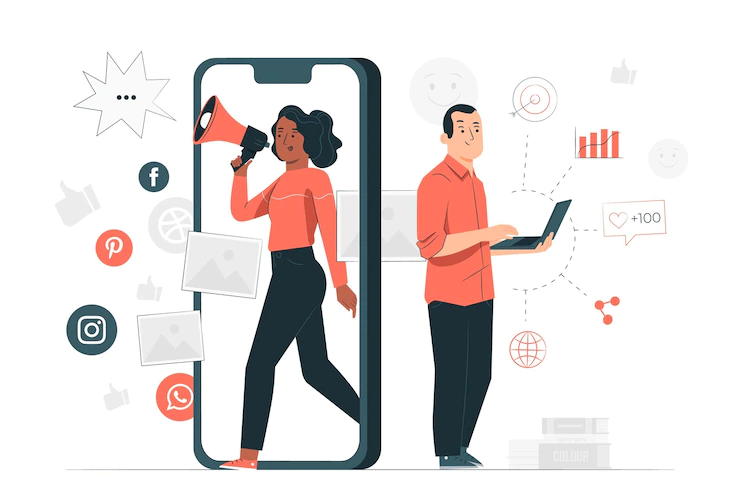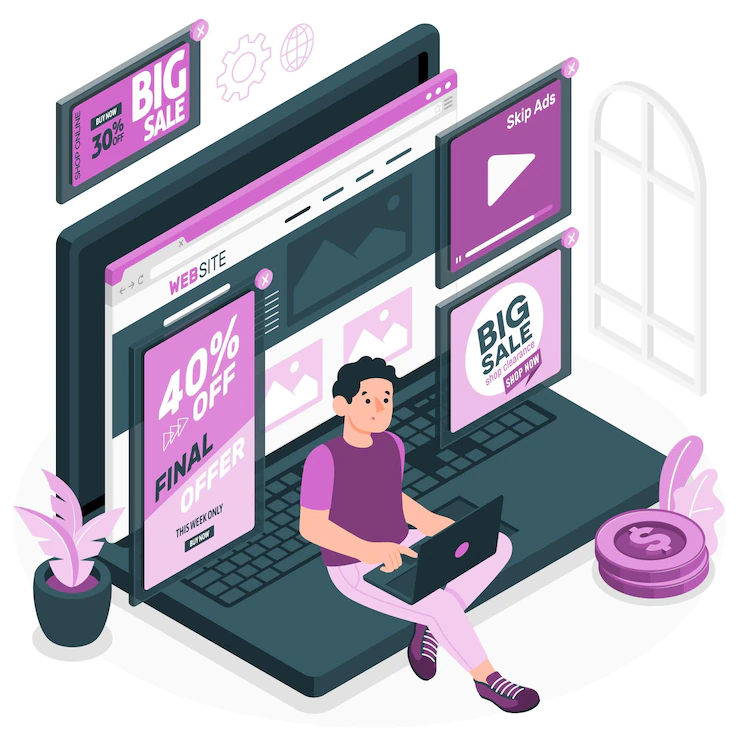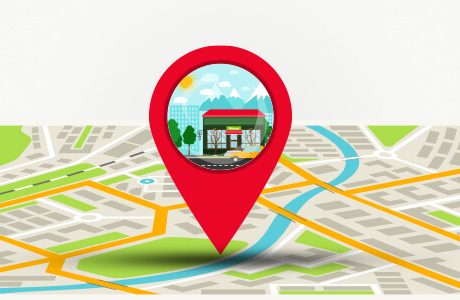In short, an ad exchange is a platform that allows advertisers to buy and sell advertising space. Ad exchanges automate the process of buying and selling ads, making them more efficient and convenient for both parties.
Prior to the advent of ad exchanges, advertisers had to negotiate directly with publishers in order to secure ad space. This process was time-consuming and often resulted in wasted inventory, as publishers were often unable to sell all of their available ad space.
Ad exchanges solve this problem by providing a central marketplace where advertisers and publishers can buy and sell ad space in real time. This not only makes the process more efficient, but it also allows for better targeting of ads since buyers can select specific criteria (such as location, demographics, interests, etc.) that they want their ads to be shown to.
The result is a win-win for both advertisers and publishers: advertisers get better results (i.e., more clicks) for their money, while publishers are able to sell all of their available inventory.
How Ad Exchanges Work
Ad exchanges typically work like this: Publishers make inventory available on the exchange, setting a price floor for each ad impression. Advertisers then place bids on that inventory through the exchange’s programmatic buying platform. The highest bidder wins the auction and their ad is served on the publisher’s site.
This auction process happens in real-time, which means that buyers only pay when their ads are actually displayed (i.e., when someone clicks on them). This pricing model is known as cost-per-click (CPC), and it’s different from the traditional cost-per-impression (CPM) model in which advertisers pay a set fee for every 1,000 times their ad is shown, regardless of whether anyone actually clicks on it.

CPC pricing is generally regarded as being more effective since it ensures that advertisers only pay when their ads are actually seen by potential customers.
Nevertheless, prices can vary depending on the type of inventory being sold, such as whether it’s a display ad or a video ad, and also on factors like audience demographics. Private marketplaces are another type of ad exchange where only select buyers are allowed to participate in an auction for premium inventory from a specific publisher.
Programmatic ads direct deals are another option for brands looking to buy ad space programmatically; in this case, they would work directly with a publisher to set up a deal, rather than going through an exchange.
The History of Ad Exchanges
Ad exchanges have been around since the early 2000s, but they really started to take off in 2007 when Google launched DoubleClick Ad Exchange (now called Google Display Network).
Around the same time, a company called Right Media was pioneering programmatic buying with its own ad exchange. In 2007, Yahoo! acquired Right Media in a move that helped accelerate the growth of ad exchanges.
In 2009, AppNexus was founded as an independent ad exchange; today it’s one of the largest players in the space alongside Google and Rubicon Project. In 2016, AppNexus was acquired by AT&T for $1.6 billion as part of AT&T’s push into digital advertising.

Ad Exchanges vs Ad Networks
It’s worth noting that there is another type of platform similar to ad exchanges known as ad networks. However, there are some key differences between the two.
Perhaps the most notable difference is that ad networks typically operate on a CPM basis, while ad exchanges use CPC pricing. In addition, ad networks typically work with smaller publishers who don’t have the necessary traffic levels to participate in an exchange.
As such, ad networks tend to be less effective for advertisers since they don’t have as much control over where their ads will be shown.

Final Thoughts
Ad exchanges provide a marketplace where buyers and sellers can come together to trade advertising space quickly and easily. If you’re looking for a more efficient way to buy or sell advertising, an ad exchange may be right for you!
Additionals:






















